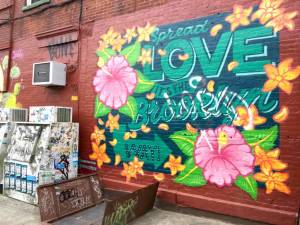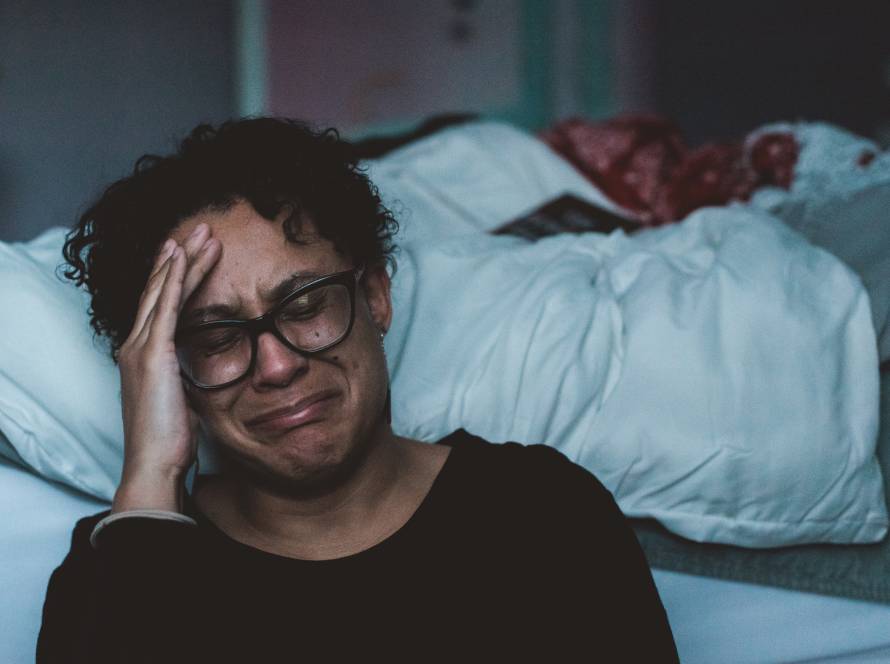A Comprehensive Guide to Finding the Your Guide to Mental Wellness
Finding the right psychotherapist can feel like navigating a maze without a map. It’s a journey, but one that is deeply personal and significant, especially for communities that have historically been overlooked in the mental health field, like people of color and the LGBTQ community. Imagine therapy as a partnership, a dance where both partners need to be in sync for the moves to flow smoothly. This guide aims to be your compass, helping you find a therapist who not only understands the steps but also the rhythm of your unique cultural background and identity.
Identifying Your Needs: The First Step to Finding a Therapist
Self-Assessment: Recognizing Your Unique Needs
Think of finding a therapist like picking out a new pair of shoes. You want them to fit just right – not too tight, not too loose. The first step is understanding your own needs. Ask yourself: What am I hoping to achieve in therapy? Maybe you’re dealing with anxiety, looking for support in a relationship, or exploring aspects of your identity. Like shoes, therapy isn’t one-size-fits-all. By understanding your goals, you can look for a therapist who specializes in areas that align with your needs.
Cultural and Identity Considerations
Imagine therapy as a bridge between two worlds: yours and your therapist’s. For people of color and those in the LGBTQ community, this bridge needs to be built on a foundation of understanding and respect for your unique experiences and identity. A therapist who is culturally competent doesn’t just see you; they understand the cultural tapestry that makes up your life story. They are aware of the nuances of your identity, whether it’s related to race, sexual orientation, gender identity, or cultural background. In this search, you’re not just looking for a skilled therapist; you’re looking for someone who can truly walk in your shoes and see the world through your eyes.
Searching for Therapists: Where to Start
Local Options in Brooklyn and New York City
Imagine you’re looking for a hidden gem in the bustling streets of Brooklyn or the wider expanse of New York City. The same applies when searching for a therapist. Start locally. Brooklyn and NYC are home to a rich tapestry of mental health professionals, each with their own unique approach and expertise. Look into local community centers, mental health clinics, and even recommendations from friends or family. Local universities or training institutes can also be goldmines for finding therapists, especially those who are up-to-date with the latest practices and culturally sensitive approaches.
Online Resources and Directories
In today’s digital age, finding a therapist can also be a click away. Online directories and mental health platforms offer a wealth of options, allowing you to filter therapists by location, specialty, and even by the communities they serve. Websites like Psychology Today, Therapy for Black Girls, and the Gay Therapy Center can be great starting points. These platforms often provide detailed profiles of therapists, giving you a glimpse into their qualifications, areas of expertise, and, most importantly, their approach to therapy.
Evaluating Potential Therapists: What to Look For:
Qualifications and Specializations
When you’re looking for a therapist, think of it as seeking out a guide for a journey. You want someone who not only knows the terrain but also has the right tools and expertise. A therapist’s qualifications and specializations are like their credentials for this journey. Look for therapists with the proper licensure and education, but also pay attention to their areas of specialization. If you’re dealing with anxiety, a therapist who specializes in anxiety disorders can offer more tailored support. Similarly, if you’re part of the LGBTQ community or a person of color, a therapist who specializes in serving these communities can provide more culturally attuned care.
Cultural Competency and Inclusivity
Cultural competency in therapy is like having a translator in a foreign country. It’s about more than just speaking the language; it’s about understanding the culture, the nuances, and the unspoken words. A culturally competent therapist doesn’t just acknowledge diversity; they embrace and understand it as a core part of your identity. This includes being sensitive to issues related to race, ethnicity, sexuality, gender identity, and more. Inclusivity in therapy means creating a space where you feel seen, heard, and valued, where your unique experiences and identity are not just recognized but are integral to the therapeutic process.
Making the First Contact: Reaching Out to Therapists
Preparing for the First Call or Email
Reaching out to a therapist is like taking the first step on a new path. It’s important to prepare yourself. Just like you might jot down notes before an important meeting, consider what you want to communicate in your first call or email. Make a list of questions you have about their practice, such as their approach to therapy, experience with your specific issues, and what you can expect from sessions. Remember, this is also your chance to express what you’re looking for and to start building a connection. It’s like setting the compass for your journey together.
What to Expect in the First Session
The first therapy session can feel like exploring uncharted territory. It’s normal to feel nervous or unsure, but knowing what to expect can ease those jitters. Typically, the first session is about getting to know each other. Your therapist might ask about your background, your current challenges, and your goals for therapy. Think of it like laying down the map and marking out the key destinations. It’s also an opportunity for you to ask questions and see how you feel in their presence. Do you feel heard and understood? Is the conversation flowing naturally? This is the time to gauge if this therapist feels like the right guide for your journey.
Building a Therapeutic Relationship: Establishing Trust and Comfort
Communicating Your Needs and Expectations
Creating a strong therapeutic relationship is like growing a garden – it requires nurturing, patience, and clear communication. It’s important to express your needs and expectations openly with your therapist. This might include discussing your preferred style of communication, the frequency of sessions, or even the pace at which you’re comfortable progressing. Just as a gardener knows the specific needs of each plant, your therapist can tailor their approach to suit your unique requirements, ensuring that the environment is conducive to your growth.
Assessing the Fit: Is This the Right Therapist for You?
Finding the right therapist can be compared to finding the right dance partner – it’s essential that the rhythm, understanding, and connection are in sync. After a few sessions, take some time to reflect: Do you feel comfortable and safe in this therapeutic space? Are your concerns being addressed in a way that resonates with you? A good therapist should feel like a collaborator in your journey, someone who not only listens but also understands and validates your experiences. If something doesn’t feel right, it’s okay to reconsider and look for someone who better aligns with your needs. Remember, this is your journey, and having the right partner makes all the difference.
Conclusion: Embracing the Therapy Journey
In the journey of therapy, like in any great journey, the destination is not always clear from the start. It’s a path of exploration, learning, and growth. As you progress, remember that finding the right therapist is a significant step in embracing your mental wellness journey. This guide has walked you through understanding your needs, searching for therapists, evaluating potential matches, making the first contact, and building a therapeutic relationship. Each step is a stride towards a better understanding of yourself and your needs.
Therapy, especially for communities of color and the LGBTQ community, is more than just a series of sessions. It’s an opportunity to be heard and seen in a world that often overlooks the unique challenges these communities face. It’s a space where your identity is not just acknowledged but celebrated as an integral part of your healing process.
As you continue on this path, remember that finding the right therapist can be a transformative experience. It’s about finding someone who can walk with you, guide you, and support you as you navigate the complexities of life. Whether you’re in Brooklyn, New York City, or anywhere else, the right therapist is out there, ready to join you on this journey of discovery and healing. Embrace the process with an open heart and mind, and let this be the beginning of a new chapter in your story of mental wellness.





